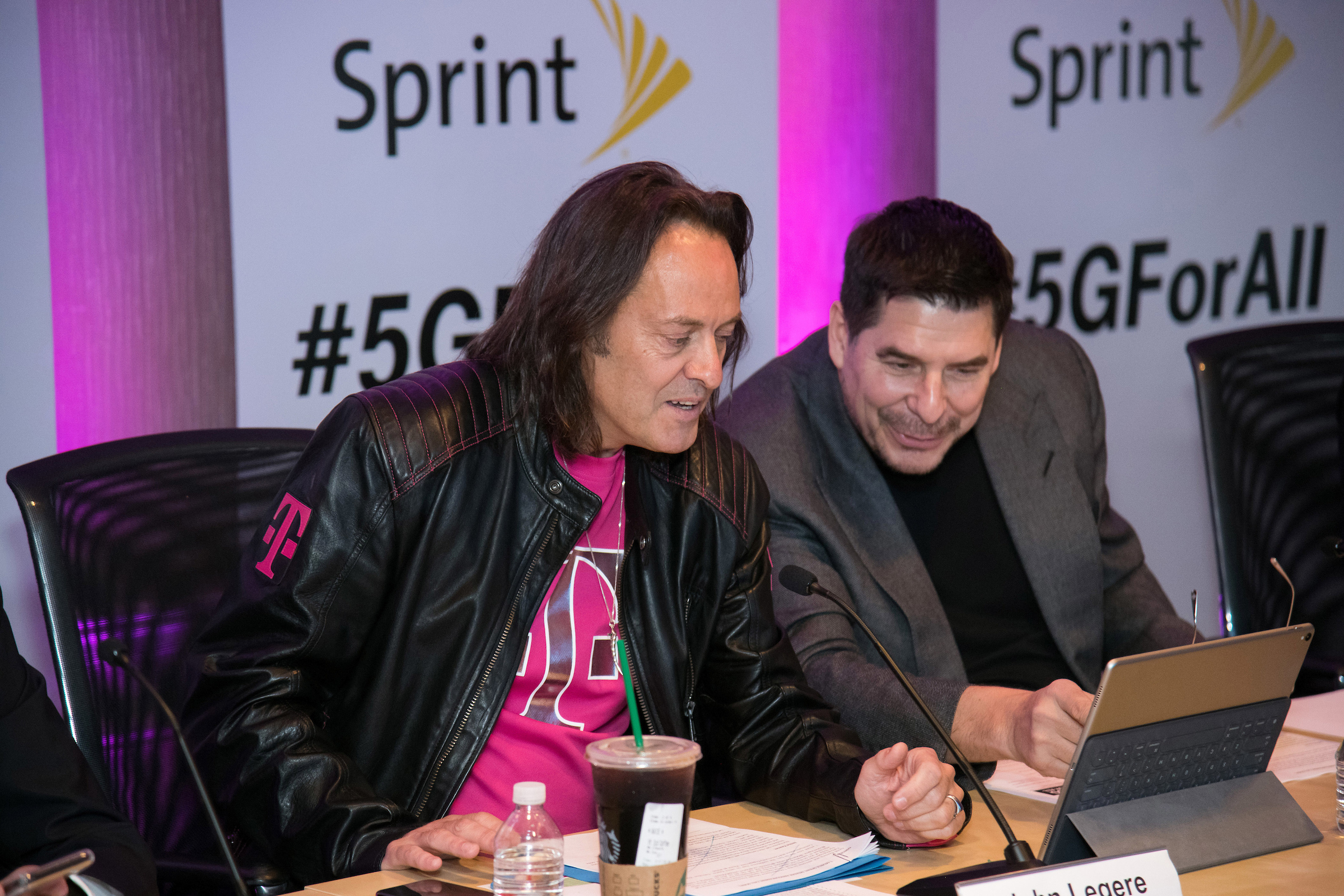Rivals and consumer groups worry about T-Mobile and Sprint merger
US cable firms, consumer groups and unions fear negative impact of merger.

The proposed $26 billion merger between T-Mobile and Sprint in the US has received opposition from rivals, unions and consumer groups who claim the deal would harm competition, cost jobs and raise prices.
The blockbuster transaction has huge implications for the US domestic market as the number of major mobile operators would be reduced from four to three. The evidence suggests that in European markets that have seen similar contractions, prices have risen.
Both the Justice Department and Federal Communications Commission (FCC) are reviewing the deal, and several groups have made their feelings known to the latter.
T-Mobile & Sprint
According to Reuters, cable firm Altice has urged the FCC to add conditions to the deal so the enlarged operator is obliged to honour its current partnerships.
Altice has an arrangement to resell Sprint’s cellular service under its own brand, but it is currently limited to local markets in which it currently operates. Altice is concerned that any plans to extend this arrangement will be thwarted by T-Mobile.
Meanwhile satellite operator Dish has expressed its belief that T-Mobile and Sprint have overstated their main argument that the merger is necessary for the creation of a true national 5G network.
T-Mobile and Sprint claim that neither have the means to build a national 5G network alone, but the combination of their assets means they could do this more rapidly than anyone else.
Sign up to the TechRadar Pro newsletter to get all the top news, opinion, features and guidance your business needs to succeed!
This is because T-Mobile has long range 600MHz airwaves, whereas its rivals only have mmWave spectrum which offers vast capacity but only within a limited radius. The two companies also assert that Verizon and AT&T would have to “kick” customers off LTE to facilitate the rollout.
The world’s first commercial 5G services are due to launch in the US later this year, but availability will initially be limited to urban areas and Fixed Wireless Access (FWA) broadband. The first 5G smartphones will arrive in early 2019.
The companies also argue that the entry of cable providers like Comcast into the wireless market is evidence that the merger would not negatively impact competition. But opposition goes beyond market rivalries.
An objection signed by a number of US consumer groups has also claimed that consumers will be harmed, while the Communications Workers of America (CWA) said that 28,000 jobs could be lost.
Steve McCaskill is TechRadar Pro's resident mobile industry expert, covering all aspects of the UK and global news, from operators to service providers and everything in between. He is a former editor of Silicon UK and journalist with over a decade's experience in the technology industry, writing about technology, in particular, telecoms, mobile and sports tech, sports, video games and media.